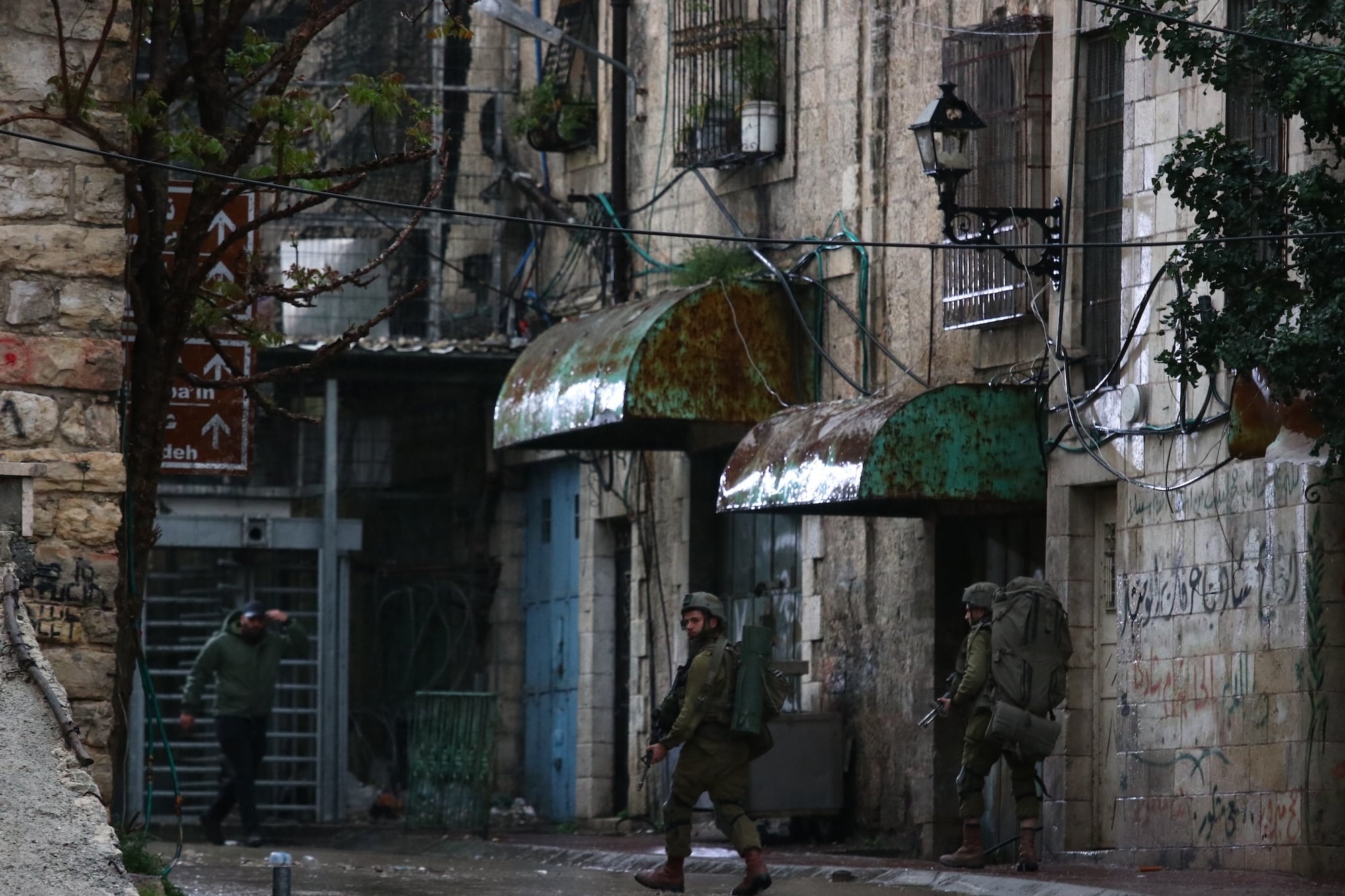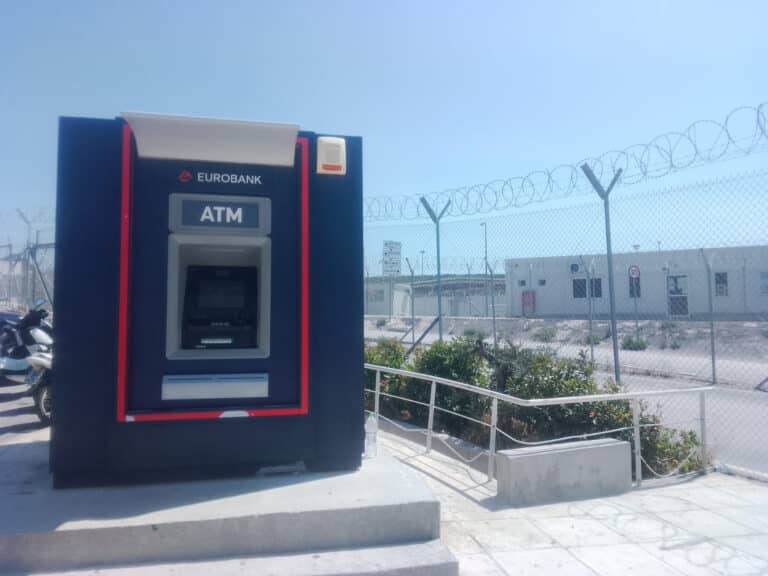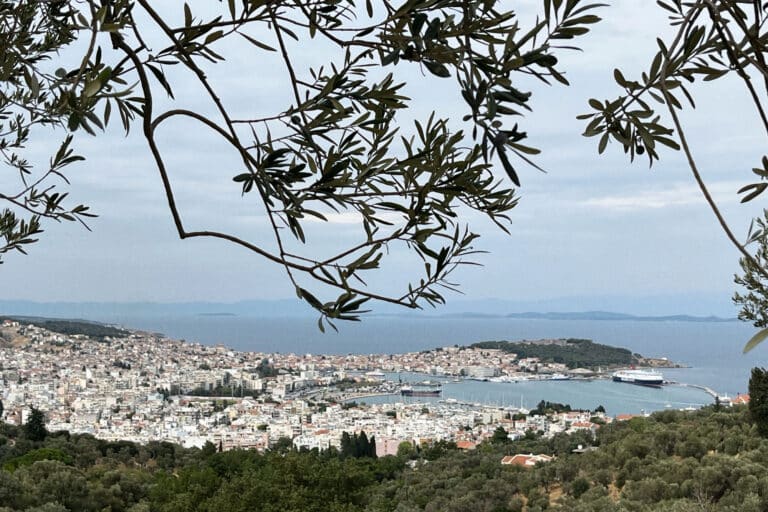Since 7 October, the Israeli aggression against Gaza has cast a long and dark shadow over the entire region which has reached far beyond expectation. In the West Bank, the combination of settler violence and Israeli occupation restrictions has left the Palestinian population confronting severe economic, social, and psychological challenges.
In al Khalil/Hebron, one of the most pressing concerns has been the alarming increase of violence perpetrated by Israeli settlers including frequent attacks against Palestinian homes, businesses, and individuals. The intensity of attacks has left Palestinians in constant fear from the impact of physical harm, the destruction of their agricultural lands and the loss of other properties.
Palestinians in al Khalil/Hebron also face challenges and restrictions imposed by the Israeli occupation forces which have affected the daily routine of residents, especially in the Old City and restricted neighbourhoods in H2. Such new restriction measures in H2 areas directly impact the local citizens when seeking basic needs and services including health care and education and when crossing strict checkpoints which left many Palestinians stranded and isolated within their own communities.
The consequences of restricted movement have also impacted education and employment. Palestinian students face daily struggles when going to schools and universities, with the constant threat of delays, searches and violence at checkpoints. Similarly, job opportunities have become scarce, as many Palestinians find themselves cut off from workplaces due to the heightened security measures. The economic fallout has been severe, with workers forced to leave and a skyrocketing unemployment rate which has forced many into poverty. The once-vibrant economy now faces a long and challenging road to recovery.
The social fabric is also unravelling under the weight of these challenges. Families are torn apart, communities are fractured, and trust is eroded. The psychological toll on the population is immeasurable, as the constant fear of violence and the frustration of limited opportunities take a toll on mental health. The inability to provide for one’s family generates feelings of frustration, despair, and, in some cases, anger among Palestinians especially in the restricted area in H2 of Hebron and across the West Bank in general.
The imposed restrictions not only exacerbate economic challenges but also foster a sense of isolation among affected families. The limited access to resources and opportunities creates an environment where families are forced to rely solely on each other for support. Simultaneously, the restricted movement prevents the integration of these families into wider social and economic networks, contributing to a cycle of isolation and economic hardship.
Psychological frustration manifests as a pervasive force, not only inducing depression and guilt within the head of the family but also giving rise to a myriad of familial challenges. The ramifications of this emotional turmoil reverberate through households, affecting interpersonal dynamics and contributing to the deterioration of familial bonds.
The occupation has been diligently working to fortify its control over the population. During the recent aggression on Gaza, this grip tightened as grievances regarding the dire economic situation and widespread poverty gained momentum among the populace. The surge in discontent among Palestinians further fueled Israel’s resolve to uphold its dominance.
Within the Palestinian context, an intricate web of conflicts has woven itself into the fabric of everyday life. From physical violence and relentless abuse to insidious psychological and economic coercion, these various forms of aggression converge to amplify the prevalence of domestic violence. The occupation, with its barriers, closures, and restrictions imposed on Palestinians, acts as a catalyst for this cycle of violence.
Continuous exposure to violence, whether in the apartheid streets of the Old City or at the intrusive checkpoints, permeates the daily existence of Palestinians. The spectre of aggression looms large, whether it be from settlers or the pervasive anxiety surrounding the limited freedom to express one’s opinions. The simple act of endorsing content on social media platforms has transformed into a perilous endeavour, where a mere “like” can lead to accusations and legal repercussions. Phone searches at checkpoints have become an additional barrier, where individuals are forced to surrender their personal devices for inspection by soldiers, intensifying the sense of intrusion and violation.
This incessant barrage of violence and the tightening strangleholds on Palestinian life have instilled a profound fear within the citizenry. The constant threat of persecution and the asphyxiating grip of oppressive measures serve as a daily reminder of the challenges faced by Palestinians in their pursuit of a life free from the shackles of occupation.
The ongoing Israeli aggression on Gaza has left an indelible mark on the West Bank residents, especially in the old city of al Khalil/Hebron, where the population grapples with the devastating consequences of settler violence and military restrictions. The economic, social, and psychological toll on the Palestinian people is immense, as they navigate a landscape marred by fear, uncertainty, and restricted opportunities.




